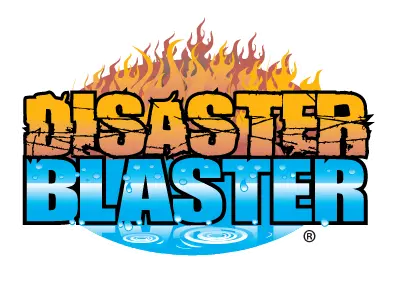
You have likely seen contractors, mitigation firms, and cleaning companies that refer to themselves as “certified”, “licensed”, or “qualified” in advertising and correspondence. Some companies even use these terms in their names!
The intent is clearly to convey some level of knowledge, experience, or qualifications, but what do they really mean?
Certified
Being certified means that they have attended some form of training, which may or may not have been hands on, and may or may not have required completion of a test to verify understanding. Certifications are available through a number of industry groups, organizations, and even independently through some franchise systems. While some certifications are valuable, others amount to attendance certificates.
Is the company Certified, or an individual? – This is important, because certifications are available for individuals as well as for the company itself. Company (Firm) Certifications often require that individuals employed by the company already hold and maintain their individual certifications in addition to specific requirements being met by the company. There is a big difference between a Certified Firm and a firm that has an employee that is certified. In the case of franchises, the individual franchise may not hold any valuable certifications but use the certifications or memberships of the national franchisor to give the consumer a false sense of industry competence.
What to ask – Always ask the company what certifications they hold and from what organizations. Be particularly cautious of companies that have received “certifications” from their own company or franchise system. They should also be able to provide you with copies of their firm’s certificate upon request.
Licensed
Licensing is much more stringent than Certifications and requires extensive training, testing, knowledge, and understanding. Unlike Certifications, Licensing and the required training is managed and administered by a State or Federal Agency under strict guidelines, requirements, and laws. Refresher training, testing, and a renewal of licensing are required on a regular basis. Firms that seek out and maintain State or Federal Licensing are generally more qualified and have a deeper understanding of their industries, the services they provide, and the safety hazards that may exist.
Is the company Licensed, or an individual? – As with Certifications, Licensing is also available for both the company (firm) and the individual. Unlike certifications however, with State and Federal Licensing, in order to legally perform the work for which the license applies, the firm MUST be properly Licensed. Also, extremely important is the fact that this licensing allows the company to purchase and maintain proper liability insurance specific to the regulated work (whether this be Asbestos, Radon, etc.). No insurance carrier will extend coverage for illegal work that an unlicensed company may have performed. This may mean that improper work performed by an unlicensed contractor may be your responsibility to correct!
What to ask – State and Federal agencies maintain lists of companies and individuals they have licensed and often will have this list available online for homeowners to view. Please see the Pennsylvania State Licensed Contractor List for Asbestos and Radon for more information. Each licensed company is assigned a License Number, which they will happily provide (Disaster Blaster offices are properly licensed for the services they provide) and which can be verified with the State they are providing services in. Licensed individuals and employees are provided with a State Issued ID or name badge that they are also able to provide upon request.
Qualified
Many companies and individuals refer to themselves as qualified. This is a rather vague term and often difficult to quantify. Without supportable qualifications to back it up, this term can be meaningless. While companies that hold State and Federal Licensing can generally be considered qualified in their line of work, whether your contractor, mitigation firm, or cleaning company is qualified for the work that you are requesting is ultimately your responsibility to determine.
What to ask – When considering a company or individual’s qualifications, it’s important to consider the work that you are requesting. Is it work they normally perform? Is it listed on their website, business cards, and advertising? Is it work that they can perform legally or does it require Licensing? Are they properly insured?
We hope this helped clear up some of those terms for you! As always, if we can be of any assistance whatsoever, please do not hesitate to call your local Disaster Blaster offices!
Interested in older news stories? Please see our News Archive.

